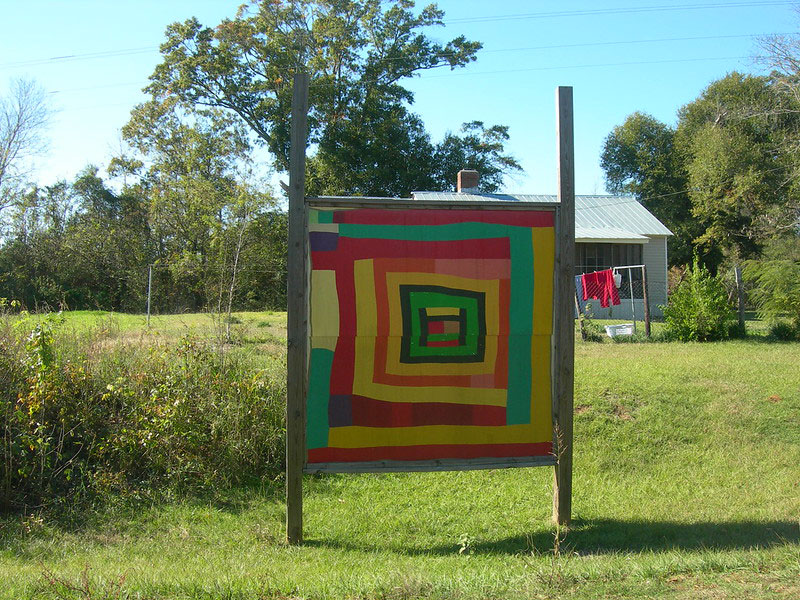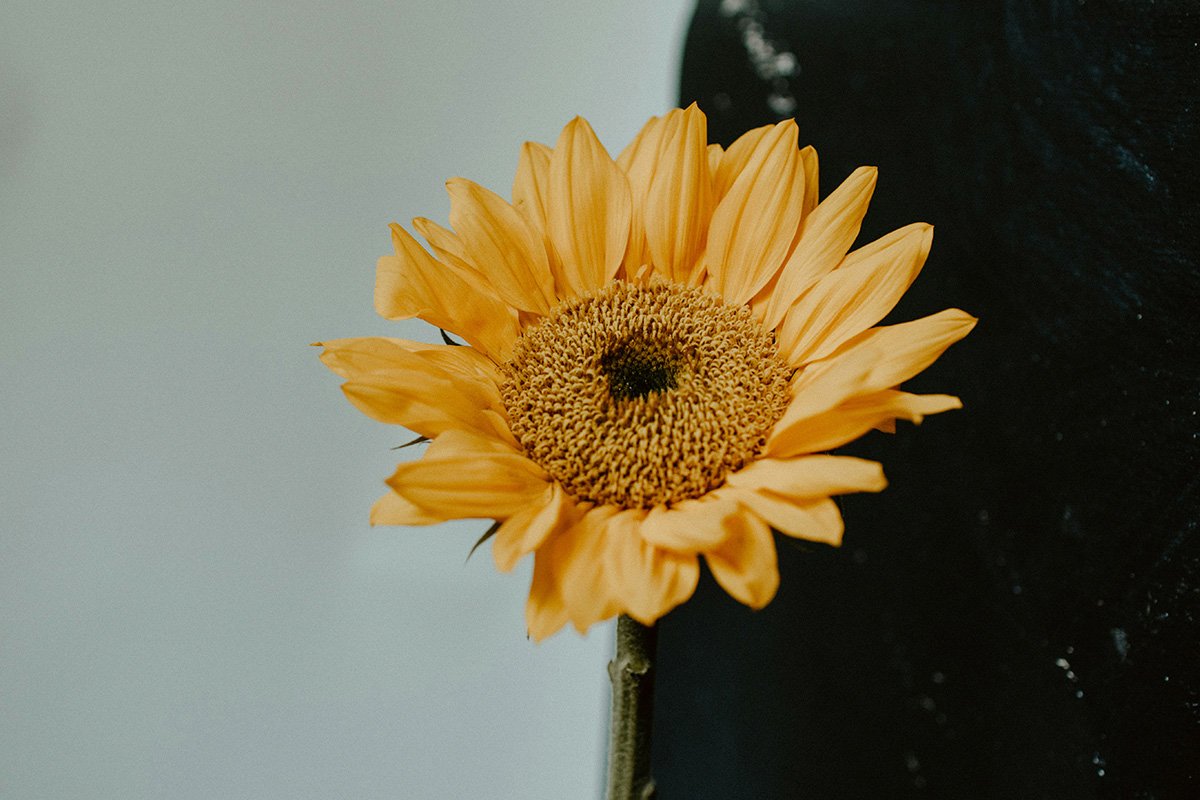
You might not have noticed, but the United Nations (UN) declared 2021 to be the International Year of Creative Economy for Sustainable Development. The UN notes that the “creative economy,” defined as including “advertising, architecture, arts and crafts, design, fashion, film, video, photography, music, performing arts, publishing, research and development, software, computer games, electronic publishing, and TV/radio,” makes up more than three percent of global gross domestic product.
Few would dispute their scale, but do creative economy industries support sustainable development? The record is mixed. Take fashion. Last year, NPQ noted that the fashion industry in 2019 was responsible for 43.1 billion tons of carbon emissions, close to four percent of the global total and nearly double that of aviation. Wages, despite corporate living wage commitments, remain famously low; one study estimated that only two percent of fashion workers globally earn a “livable salary.”
In short, if the creative economy is going to contribute to inclusive sustainable development, then it must act more creatively. Advocate Laura Callanan, a founding partner of Upstart Co-Lab and a former senior deputy chair of the National Endowment for the Arts, acknowledges that equity in creative industries is hardly assured. As Callanan writes, “Opportunities are often unevenly distributed and, unless efforts are made, the environmental toll of this growth can be severe.”
Patrick Robinson has spent his career since the early 1990s as a designer for big fashion firms, including Georgia Armani, the Gap, Perry Ellis, and Anne Klein. This year his name appears on a list of “30 Black Designers Who Shaped Fashion History,” published by the French fashion magazine L’Officiel.
But several years ago, as Robinson considered the impact of the fashion industry on people and the environment, he decided to start his own business to change these patterns. Current fashion production, Robinson observes, is not “regenerative in any sense of the word. Money is just being extracted.” This realization, he says, “made me rethink my entire business model.”
Robinson calls his company Paskho‚ which means “passion” in Greek. Robinson designed the firm to be a “premium” ($50–$200 an item) fashion company that produces eco-friendly clothing. Paskho was founded in 2013, but amid COVID Robinson began to explore ways to “onshore” production—that is, return production to the US.
“Watching so many people fall through the social nets” spurred him to action, Robinson says. “The inequality in this country is devastating.” In response, Robinson looked at how to redesign his business to employ US workers and pay them living wages.
The idea, Robinson explains, is to use technology “in the right way to reemploy people. Reemploy them so they start having an equitable wage, a living wage.” A combination of electronically sending designs to workers, computerized inventory control (with workers requesting supplies through an app), the building of production pod worksites, and individualized communication between the buyer and the maker combine to cut out middle management and allow, in theory at least, workers to generate sales that can support a living wage of $18 to $25 an hour.
Robinson began production in the New York City area in early 2021, where his firm employs about 50 workers. One way Robinson’s model aims to generate income for workers is through personalization. “All of the makers sign each thing they make,” Robinson says. Customers get to know “who the maker is, where it was made, and their story.” Robinson adds that a benefit of this model is that with some products, such as pants, customers can communicate directly with workers to arrange repairs. Robinson calls this production approach “Community-Made.”
Sign up for our free newsletters
Subscribe to NPQ's newsletters to have our top stories delivered directly to your inbox.
By signing up, you agree to our privacy policy and terms of use, and to receive messages from NPQ and our partners.
How did Robinson end up in Gee’s Bend? Through Callanan, Robinson came in contact with Maxwell L. Anderson, president of the Souls Grown Deep foundation since 2016, which is dedicated to “promoting the work of Black artists from the South, and supporting their communities by fostering economic empowerment, racial and social justice, and educational advancement.” The foundation began in 2010 with its art works coming primarily from controversial art collector Bill Arnett, who had purchased nearly 1,000 works by 160 Black artists from the South and gave them to the foundation with a mandate to popularize the works. To date, the foundation has placed over 500 of those works in the permanent collections of nearly two dozen museums across the country, thereby increasing artist visibility.
Anderson, it is fair to say, comes from the white art world establishment. He is the former director of five different art museums in Atlanta, Toronto, New York City (where he was at the Whitney for five years), Indianapolis, and Dallas. He is also a former president of the American Association of Art Museum Directors, and the grandson of his namesake Maxwell Anderson, a Pulitzer Prize–winning playwright.
Anderson credits his time in Atlanta for introducing him to the quilters of Gee’s Bend. While he was at the Whitney, the museum hosted an exhibit that elevated the quilters’ national visibility. The move to Souls Grown Deep in 2016 brought Anderson back to Atlanta. The focus of the foundation is throughout the South, but Anderson took a special interest in Gee’s Bend. Located in the heart of Alabama’s Black Belt, Gee’s Bend, Anderson says, “was the logical place to turn.” Despite its artistic heritage and cultural wealth, the average income per resident in the town of 275 people is estimated to be a low $12,000.
The mission of the foundation, Anderson explains, is not just to place artists’ works in mainstream museums, but to “move the money back into the Deep South.” The foundation earns income from the arts transfers to museums—it sells art works to museums at a discounted rate. In 2019, that income was used by the foundation to set up a parallel organization, called the Souls Grown Deep Community Partnership, with income used to fund grants and other community building work.
In 2020, the partnership opened the Gee’s Bend Resource Center, which initiated efforts to increase census participation and voting registration and make sure government benefits like federal relief checks made it into the hands of community residents. It also helped residents with supplies and distribution, enabling the sale of several hundred masks. And it has supported the quilters, helping them generate nearly $500,000 for quilt sales and advocating for artists to receive royalty payments.
In March 2021, the partnership invested $600,000 in Robinson’s company to help fund the fashion designer’s satellite operation in Gee’s Bend. According to Anderson, a total of roughly $2 million had to be raised to stand up the operation.
At present, the production site in Alabama is still under construction. In an interview with Cultured magazine, Anderson adds that, “Patrick [Robinson] is looking to quilters not simply as workers, but also as people who can add creative ideas to his own thinking about clothing design.” According to Callanan, the Gee’s Bend site will employ about 25 people. Robinson adds that the business intends to give 10 percent of the income it earns back to the local foundation and says the community will have partial ownership of the production building.
Will it work? The business model Robinson is standing up is experimental. Success is hardly assured. Even if it does work out, it’s unclear how replicable it would be, given the dependence on premium prices. That said, Robinson has an established track record. “We think that consumers like me seeing that they can vote with their dollars and make a difference in people’s lives” will do so, Robinson says. At a minimum, it makes for an experiment worth watching.












